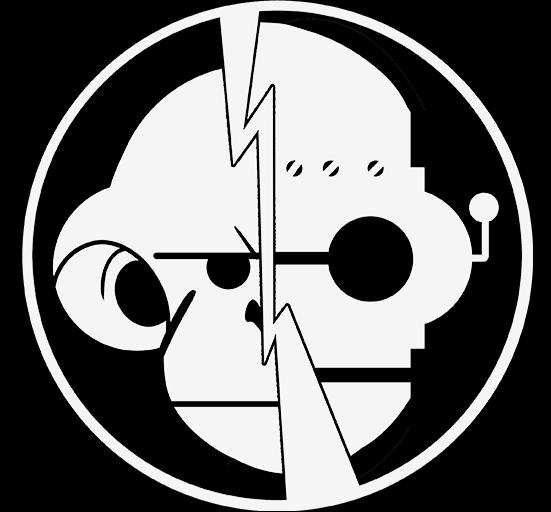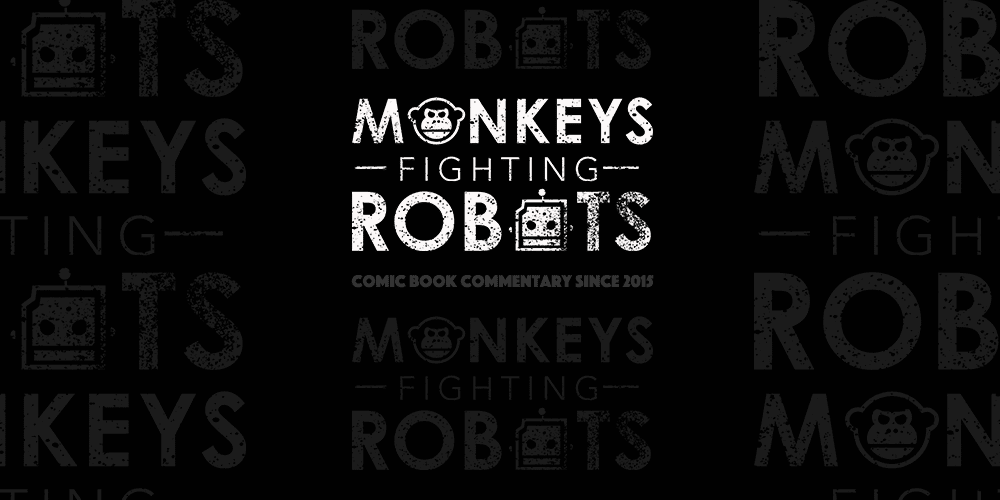The last four years have been the worst “retirement” for Steven Soderbergh, the idiosyncratic genius behind too many great films (and just as many weird, experimental films) to count. In those four years, after he announced his retirement from filmmaking on the heels of Side Effects, Soderbergh directed every episode of his turn-of-the-century hospital drama The Knick – arguably the best cable series to never get its full due – and the terrific HBO Liberace film Behind the Candelabra. He also produced a half dozen projects, one of which was Magic Mike XXL, which he served as cinematographer (under the common pseudonym Peter Andrews).
Point being, Steven Soderbergh never really retired, and we should all be happy that he’s “officially” backed off that sentiment with this weekend’s Logan Lucky. The notoriously rebellious filmmaker has built a decades-spanning career making whatever sort of film tickled his fancy at any given time, and some of them (Erin Brockovich, Traffic, Ocean’s Eleven) were huge hits. But he’s never been keen on the typical hardline marketing techniques of Hollywood, which is why so many of his films come and go without much time to consider their greatness.
Of all the masters in the industry, Steven Soderbergh has the most substantial catalogue of underrated greatness. Here are the five I feel are sorely in need of a revival among the collective masses…
3Ocean’s Twelve
Steven Soderbergh managed to send up the breezy Rat Pack 1960 heist flick, Ocean’s 11, with his own star-studded remake of; but in 2004 he subverted his own send up in the inevitable follow up. Forget about the uninspired cash grab that was Ocean’s Thirteen, Ocean’s Twelve is the sweet spot of meta-textual satire and whimsical action between its two mirroring bookends.
There is a heist in Ocean’s Twelve. Or maybe there are a few heists, I don’t really remember off the top of my head. This is a more a movie about stars hanging out and playing criminal versions of themselves in some parallel universe, an idea brought full circle when Julia Roberts’ character, Tess, ends up playing Julia Roberts in order to fool the real Bruce Willis; because, golly, she does look a lot like Julia Roberts, doesn’t she? Why she is tricking Willis isn’t as important as the act itself, which is a mission statement for the whole film, and sadly some of Willis’s best work of the 21st century. It’s a brilliant inception moment in a movie that is much more comedy than drama. Everyone in the incredible cast is having a blast, and their glee proves to be infectious.



